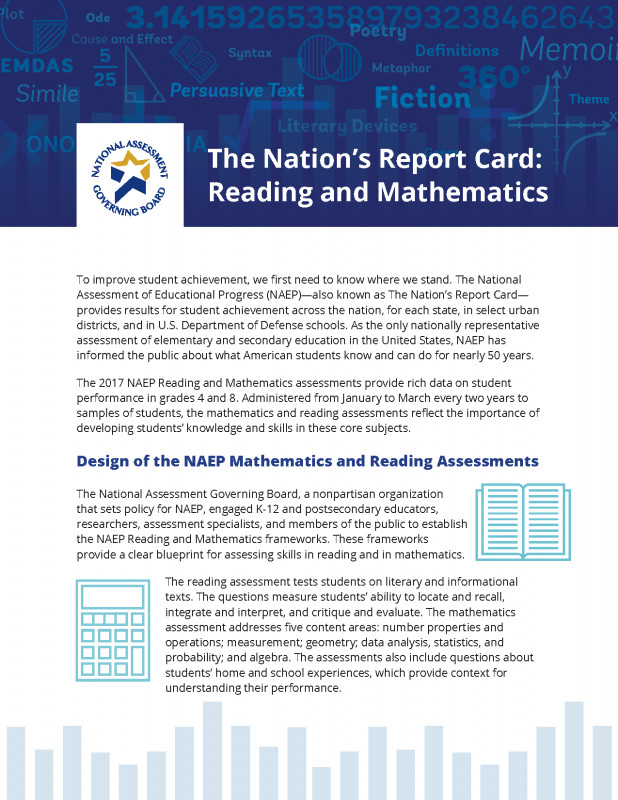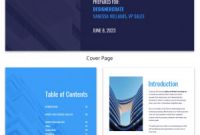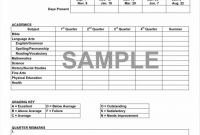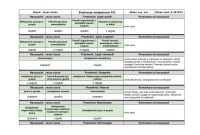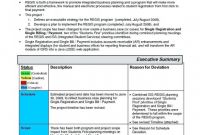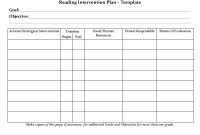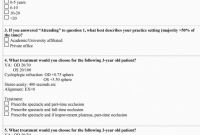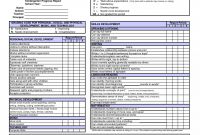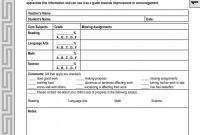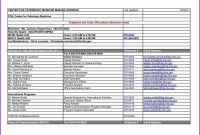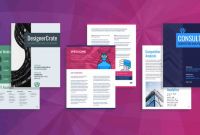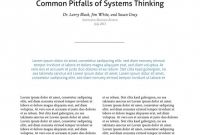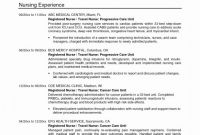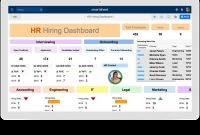We are going to tell a lot of parts behind regards to Educational Progress Report Template which you must acknowledge for your guide. Absolutely it’s not difficult to locate it in this website, because we prepare some of them that we have given.They are made totally flexible. In the prudence that it can be adjusted or changed. We prepare various design ideas of Educational Progress Report Template.They have a essentially lighthearted look. Most recently among others. You can acquire it in Microsoft Office Word format and fiddle with them well.However if you are not skilled to find what you are searching for here after that we will recommend you to type extra keywords. I think the Educational Progress Report Template which you are searching for is really good for you in the future.
Reports are always filled similar to important instruction but at the same time, they’re naturally lovely boring. People tend to see them as sober and, as a result, they end paying attention lovely speedily regardless of how important the version at the heart of the bill happens to be.
Now, you can guarantee this won’t happen to you next these entirely free, visually striking and sweetly compelling explanation templates. Not by yourself are they agreed easy to use directly from your own Web browser, but as an added extra you can then choose from our library of utterly free, visually fascinating growth images to in reality back up shove your results even farther.
It doesn’t a matter what type of suggestion you’re aggravating to broadcast, what type of look you’re aggravating to create or what type of expose you desire to depart people next every element you infatuation is simple right in stomach of you.
Some benefits of using these Educational Progress Report Template:
- Printable. It can be directly used by placing images on a worksheet (you can use Photoshop, Corel Draw, or other graphic design programs);
- Editable. This Educational Progress Report Template can be opened and customized with Microsoft Office Word and PDF with any version;
- Easy to use by anyone;
- You can save the file for free.
